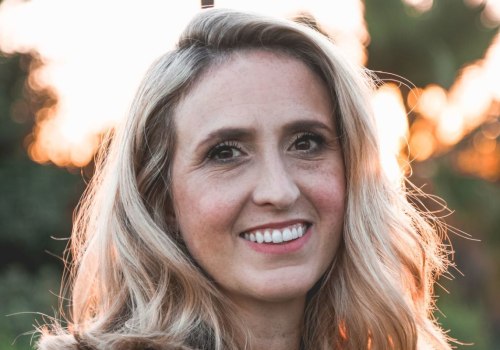Despite the progress made in recent years to emphasize the importance of mental health care, many people still fear being stigmatized if they admit they need help. Dwayne “The Rock” Johnson, for example, spoke about his battle with depression to show that it can happen to anyone and that depression is not a sign of weakness, but he didn't have to risk much to do it. Most people struggling with mental illness, however, are in a less secure position. They may be uncertain of themselves and their place in life, making it difficult to risk valuable social and professional capital to seek help.
One of the most common reasons for not seeking help is fear and shame. People recognize the negative stigma and discrimination associated with having a mental illness and don't want to be labeled as “mentally ill” or “crazy.” They may also be concerned about how that label could negatively affect their career, education, or other life goals. Another reason is simply not knowing that what they are experiencing is a recognized mental health problem that can be treated effectively. Even if someone is interested in receiving mental health treatment, they may not know how to find the right professional care.
In some underserved areas, there may be few or no mental health professionals, especially those who provide treatment for more complex problems. Another obstacle to mental health care is the inability to pay for treatment due to financial difficulties or lack of health insurance. A study by the World Health Organization (WHO) found that between 30 and 80 percent of people with mental health problems do not seek treatment. This is likely due to demoralization caused by their mental health problems, cultural and language barriers that may prevent access to mental health treatment, and the idea of telling a stranger about their private feelings being overwhelming.
Despite the increase in national spending on mental health services over the past decade and the specific increase in available services, a large proportion of people with anxiety and depression still do not receive the help and treatment they need. The recent expansion of mental health insurance benefits in the U. S. has opened up new care options for many people who were previously uninsured and couldn't afford treatment out of pocket. It's important to remember that mental health professionals are there to help you and not judge you.
Many people believe that they are inadequate or a failure if they have to admit that something is “wrong” with their mental health, but this isn't true. Mental health care can help you get back on track and live a healthier life.







